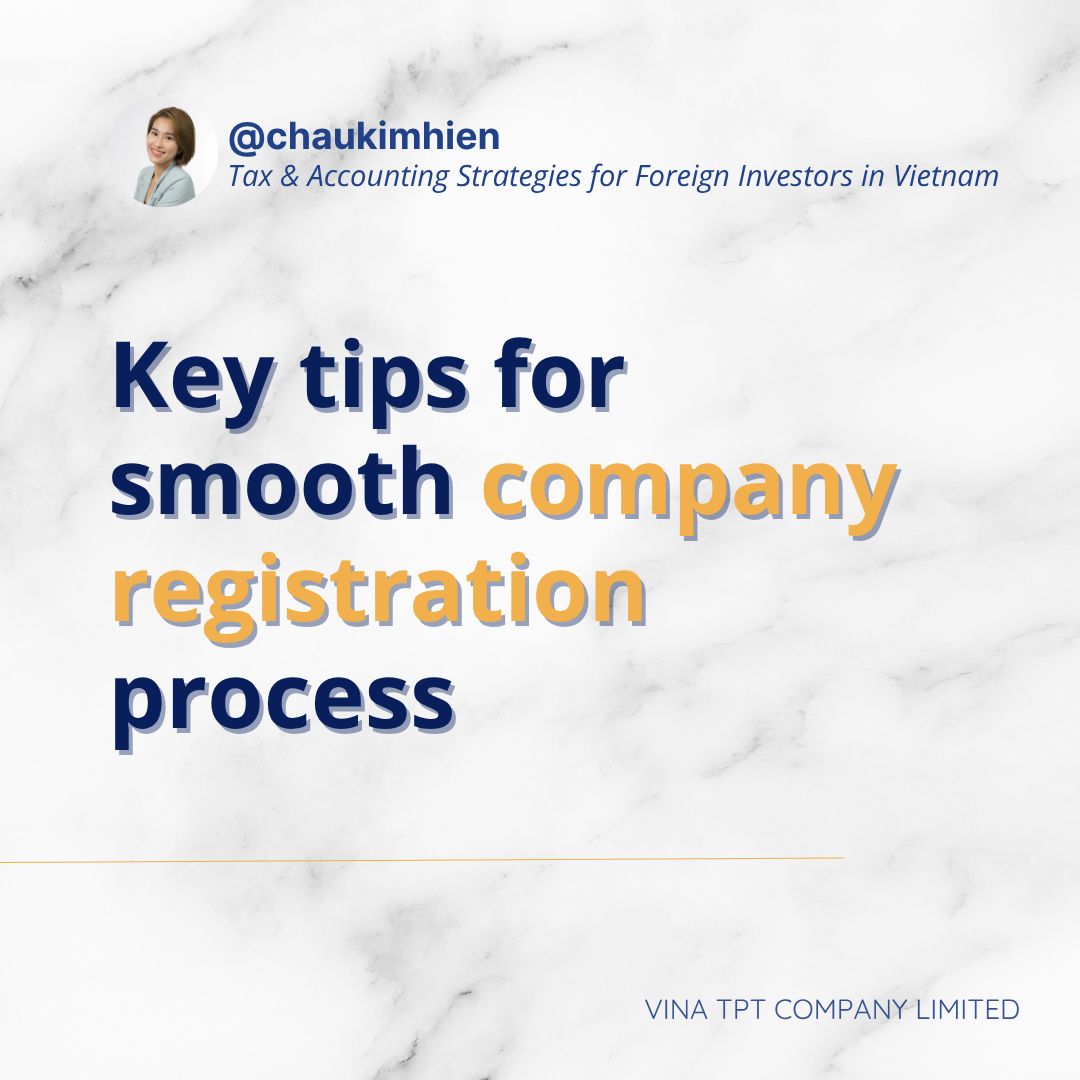Can a foreigner open a company in Vietnam without visiting?
Can a foreigner open a company in Vietnam without visiting?Over the years, I’ve met many foreign investors who ask me...
Join our exclusive network of leading professional services firms worldwide.
Comprehensive professional services across legal, audit, accounting, tax, and business advisory.
Industry-specific expertise across multiple sectors and markets.
Serving diverse clients from individuals to global enterprises.
Global presence across Africa, Americas, Asia Pacific, and Europe.

Together these two trends - increased specialization and a growing complexity in client issues - create a demand for lawyers who are not only technical experts in their own particular domain but also lawyers who can collaborate with others around the world, to solve multifaceted problems.
Most firms have lawyers trained as subject-matter specialists. Because most top-tier law firms understand that their clients increasingly expect each of their lawyers to be the foremost expert in a specific domain, firms have fostered expertise specialization by creating narrowly defined practice areas and by rewarding professionals for developing reputations in precise niches.
Consequently, tackling client problems that transcend practice areas and disciplinary silos seriously challenges traditional models of law firm structure and ways of doing business. To keep up, law firms and lawyers have to collaborate across their boundaries in order to address clients’ most complex issues.
The growing complexity of legal work - work that is increasingly cross-practice and multi-jurisdictional in nature - requires lawyers to collaborate across expertise and organizational boundaries. Data shows that when lawyers do work across specialties, their firms earn higher margins, clients are more loyal, and individual lawyers are able to charge more for the work that they do.
What is collaboration? True multidisciplinary collaboration requires people to combine their perspectives and expertise and tailor them to the clients’ needs such that the outcome is more than the sum of the participating individuals’ knowledge.
Collaboration occurs when knowledge workers integrate their individual expertise in order to deliver high-quality outcomes on complex issues.
These relationships extend over time and across projects as the participants identify new approaches and initiate further engagements. In addition to offering up their expertise, these professionals also help, advise, stimulate and counterbalance one another. By truly collaborating, a team of lawyers is able to address issues that none could tackle individually.
Can a foreigner open a company in Vietnam without visiting?Over the years, I’ve met many foreign investors who ask me...

Registering a company in Vietnam is not complicated — but without the right preparation, investors may face delays and unexpected...
WONE GLOBAL™ | WorldOne Alliance™ | WONE GLOBAL AWARDS™ | WONE GLOBAL SUMMIT™ are the brands used by members of WONE GLOBAL.“WONE GLOBAL” refers to the brand under which the WONE GLOBAL member firms provide legal, tax, audit, accounting, and advisory services to their clients and/or refers to one or more member firms, as the context requires. WONE GLOBAL and the member firms are not a worldwide partnership. WONE GLOBAL and each member firm are separate legal entities. Services are delivered by the member firms. WONE GLOBAL does not provide services to clients. WONE GLOBAL and its member firms are not agents of, and do not obligate, one another, and are not liable for one another’s acts or omissions.
Leave a Comment